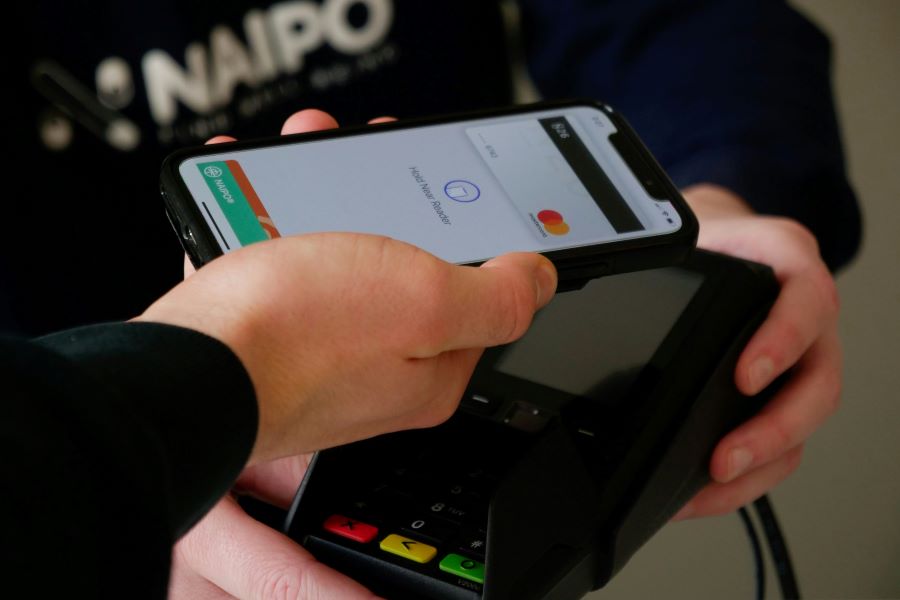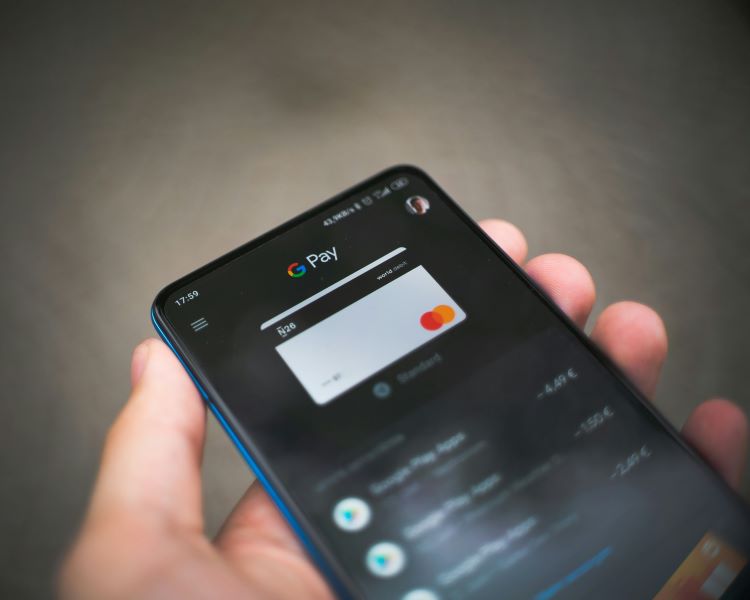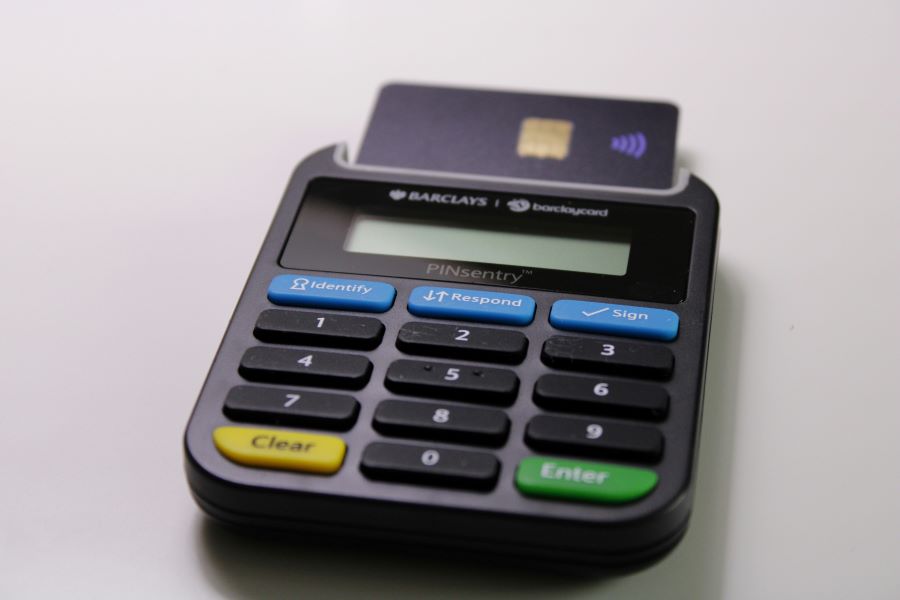In our pursuit for financial ease and convenience, we stumble upon innovative solutions. One such solution is the ability to pay income tax using a credit card. While this might sound unusual, it’s a legitimate method endorsed by many financial institutions.
Understanding the Process of Paying Income Tax with a Credit Card
Everyone who earns money that crosses an income bracket has to pay a certain amount to the government in form of income tax. We can be salaried individuals or have our own business and our income tax ratio will depend on how much we earn to make a living. But there are other ways to pay the income tax as well if we want to avoid using our salaries for the same.
Income tax payment using a credit card involves a straightforward process. Essentially, the amount due to the tax department is paid using the credit limit of the card. The credit card issuer then charges the cardholder for the amount paid.
This brings us to a unique offering in the financial market – the Airtel Credit Card. This digital-first card offers a higher credit limit, which can be especially useful for large payments like income tax. It also promises huge annual savings with its low joining fees and annual charges. Notably, the process to obtain this card is 100% digital, making it a seamless and convenient option.
Also Read: Get Cashback Offers and Rewards on the Airtel Axis Bank Credit Card
Benefits of Paying Income Tax with a Credit Card
When we use a credit card to pay income tax, we can enjoy several benefits. Firstly, it can provide relief in situations where we may not have enough liquidity. Secondly, the ability to pay income tax using a credit card often comes with the opportunity to earn reward points, which can be redeemed for various goods and services. Thirdly, it can help improve our credit score as timely tax payments reflect positively on our financial credibility.
Things to Consider Before Paying Income Tax with a Credit Card
Despite the benefits, there are essential factors to consider before deciding to pay income tax using a credit card. It’s crucial to understand the charges associated with this method. Some credit cards may carry a considerable processing fee for such transactions. We should also consider the interest rate charged on the credit card if we’re unable to pay off the credit card debt quickly.
Detailed Steps to Pay Income Tax with a Credit Card
Paying income tax with a credit card typically involves visiting the IRS payment portal, selecting the ‘Pay by Credit Card’ option, entering the relevant credit card details, and confirming the payment. However, the exact steps may vary depending on the country and the specific tax authority.
Also Read: How to Activate your Credit Card
Potential Drawbacks of Paying Income Tax with a Credit Card
While the ability to pay income tax using a credit card offers numerous advantages, it’s not without potential drawbacks. Paying taxes with a credit card can sometimes attract higher fees compared to other payment methods. Additionally, if the credit card balance isn’t cleared promptly, interest charges can accumulate, leading to a more substantial debt.
Financial advisors generally recommend using a credit card to pay income tax as a last resort. While it can be a convenient method in certain situations, the potential fees and interest charges make it less favourable compared to other payment methods.
Conclusion-
In conclusion, paying income tax using a credit card can be a practical option in certain circumstances. It offers convenience and can provide temporary relief from liquidity constraints. However, as with all financial decisions, it’s essential to consider the costs and potential risks involved. Be sure to understand the terms and conditions of your credit card agreement before using it to pay your income tax. With careful planning and prudent decision-making, we can navigate our financial obligations with confidence and ease.



